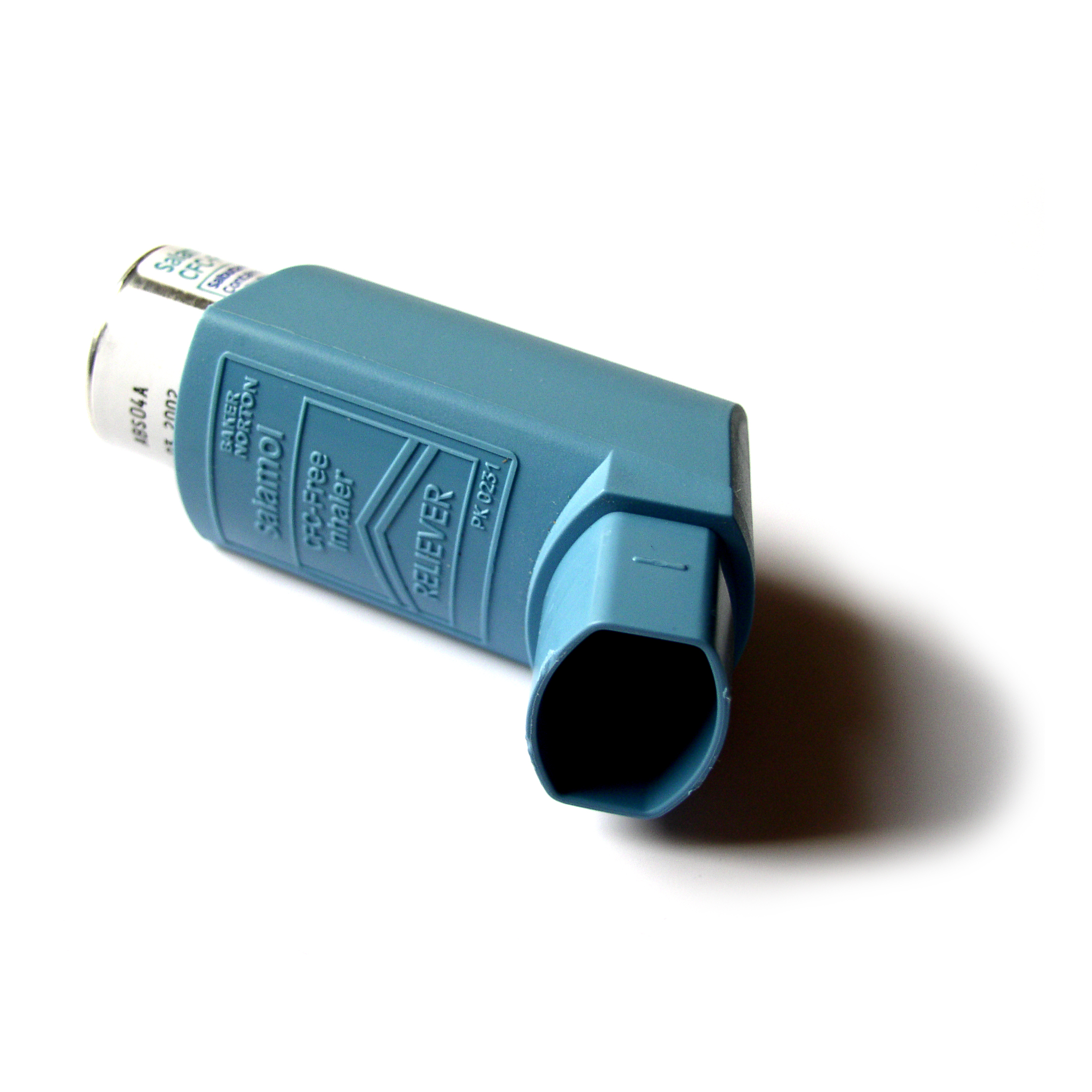
WEDNESDAY, April 25 (HealthDay News) — Air quality in America’s most polluted cities has improved significantly over the past decade, according to a new report from the American Lung Association.
Even Los Angeles, famous for its morning smog, is the cleanest it’s been in 13 years, the association noted. Santa Fe, N.M. leads the pack, having been ranked as the cleanest city in the nation.
Despite progress in reducing the level of smog and soot in the air, the “State of the Air” report warned that unhealthy levels of air pollution still persist around the country.
“‘State of the Air’ shows that we’re making real and steady progress in cutting dangerous pollution from the air we breathe,” Charles Connor, president and CEO of the American Lung Association, said in an association news release. “We owe this to the ongoing protection of the Clean Air Act. But despite these improvements, America’s air quality standards are woefully outdated, and unhealthy levels of air pollution still exist across the nation, putting the health of millions of Americans at stake.”
In rating the air quality in cities and counties around the country, the lung association takes into account the color-coded Air Quality Index developed by the U.S. Environmental Protection Agency (EPA), which alerts the public about unhealthy air conditions. The report, released Wednesday, also used data collected by the EPA from 2008 to 2010 on ozone and particle pollution.
The report found drastic improvements in 18 of the 25 cities most polluted by ozone. Nine out of the top 10 cities most polluted by ozone were in California. Topping the list was Los Angeles, although it showed the lowest smog levels since the report was first published back in 2000.
Particle pollution also dropped significantly in 17 of the 25 most polluted cities, including Los Angeles, Pittsburgh and Cincinnati. This mix of microscopic bits of ash, soot, diesel exhaust, chemicals, metals and aerosols can lead to early death, heart attacks and strokes.
Four cities — Pittsburgh, San Diego, Philadelphia and Visalia, Calif. — dropped to their lowest levels of short-term particle pollution on record, the report noted. Birmingham, Ala., Detroit and York, Pa., dropped off the list of the 25 most polluted cities entirely — a first for all three.
The lung association cautioned that much work remains to be done to improve air quality in the United States. Forty percent of Americans, or 127 million people, live in areas where air pollution poses a threat to their health. These people are at greater risk for wheezing and coughing, asthma attacks, heart attacks, and premature death, the report noted.
Infants, children, seniors and anyone with lung diseases, heart disease or diabetes are most vulnerable to the harmful effects of air pollution. Those with low incomes or jobs that require them to work outside are also at greater risk.
The report revealed that 38.5 percent of Americans live in counties that received an “F” for air quality because of unhealthy levels of ozone air pollution, which can cause chronic health problems. Meanwhile, almost 50 million people in the United States live in counties with unhealthy surges in particle pollution levels. Year-round particle pollution threatens another 6 million Americans.
The standards set under the Clean Air Act are a driving force behind the improvement in air quality in the United States, according to the lung association. The legislation aims to clean up major sources of air pollution such as coal-fired power plants and diesel engines to reduce the amount of ozone and particle pollution in the air. The EPA estimated that cutting air pollution through this measure would prevent at least 230,000 deaths and save $2 trillion annually by 2020.
The report warned, however, that the positive trend in U.S. air quality will not continue if opponents of the Clean Air Act gain the upper hand on Capitol Hill.
“We still need to fulfill the promise of clean, healthy air for everyone, and that can only become a reality through the full implementation of the Clean Air Act. The American Lung Association strongly opposes any efforts to weaken, delay, or undermine the protective standards the law provides,” said Connor. “The American Lung Association has been leading the fight for clean air for decades, and we are as determined as ever to give every American the clean air they deserve to breathe every day.”
More information
The U.S. Centers for Disease Control and Prevention has more on air pollution.

